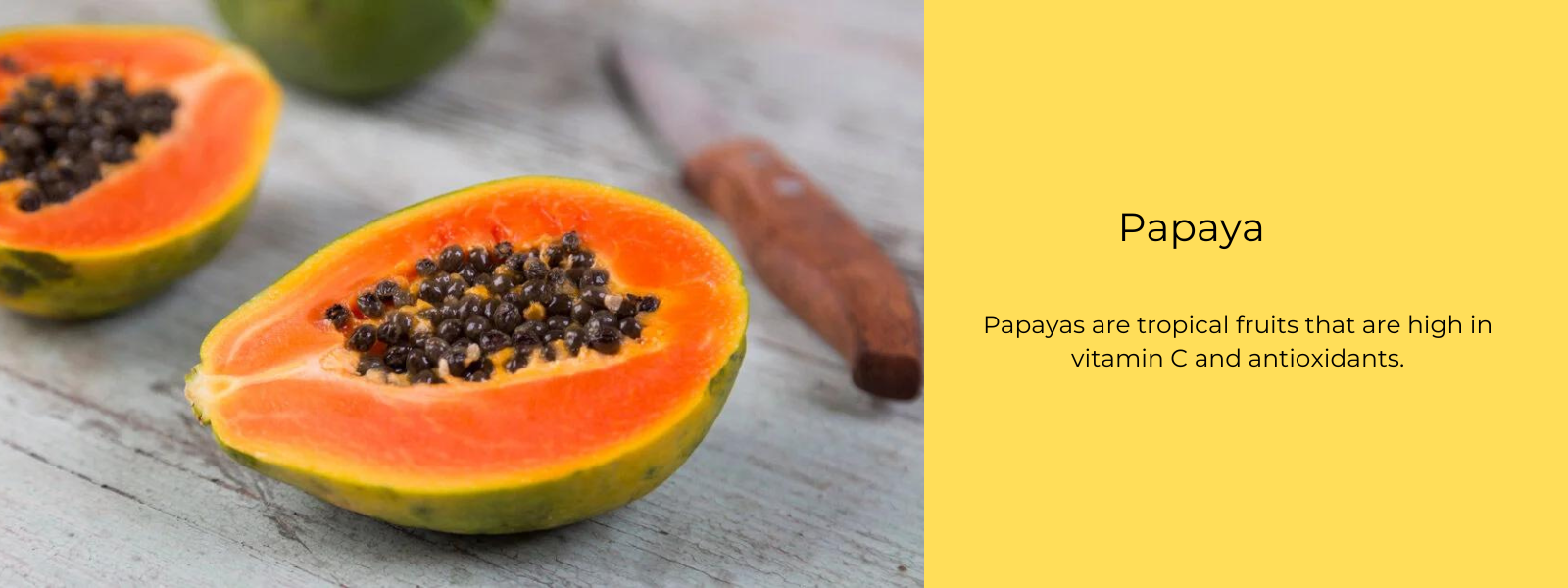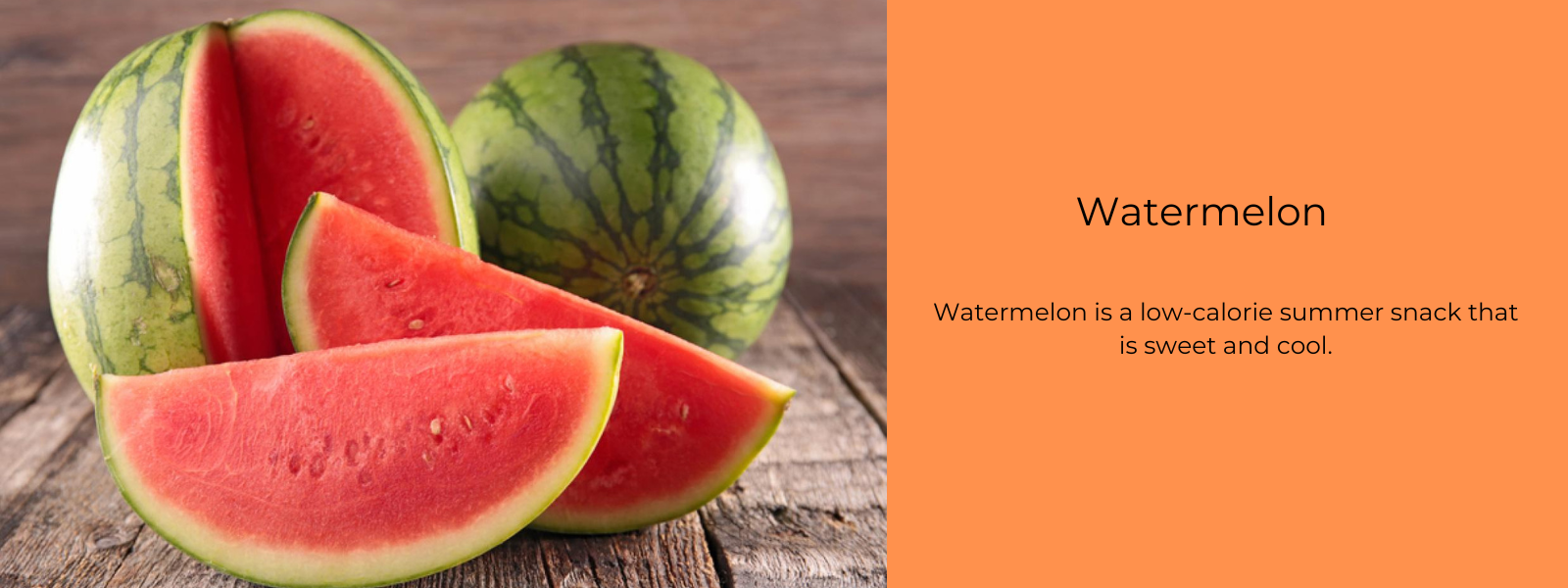Honeydew melon, also called honeymelon, is a type of melon fruit. It comes from the cucumis melo plant (muskmelon).
Honeydew's sweet flesh is usually light green, and its skin is white-yellow. It is about the same size and shape as its cousin, the cantaloupe.
Honeydew melons can be found all over the world. They can be eaten on their own or added to desserts, salads, snacks, and soups.
Honeydew may be most appealing because of how good it tastes, but it is also healthy and may have other benefits.
Table of Contents
What is Honeydew melon?
Honeydew melon is a winter melon with sweet, green flesh. Honeydew melons also have a musky smell and skin that is smooth and pale yellow to white. Honeydew melon is best known for how good it tastes, but it also has a lot of health benefits. Honeydew melon is a popular fruit that can be found all over the world. They can also be used to make desserts, salads, snacks, and soups.
It is one of the two most important Cucumis melo Inodorus, muskmelon cultivars. The other main type is the casaba melon with the wrinkled skin. In size and shape, they look a lot like cantaloupes, which are a close relative.
Uses of honeydew melon:
You can easily add honeydew melons to your menu. It's easy to get all over the world. Also, it is cheaper than well-known fruits like cantaloupes or watermelons.
Simple to put in your diet:
It can be eaten like a slice of ripe, cool melon. But you can always try something more fun and creative. This fruit can also be eaten in a number of other ways:
Salads:
You can cut honeydew melons into small pieces and put them in salads. You can also add a teaspoon of olive oil to boost the health benefits.
Desserts:
If you puree it, you can use it as a base for popsicles or ice cream.
Breakfast
Melon can be cut up and served with cottage cheese, or it can be blended into a smoothie.
Soups
Make a chilled soup with honeydew melon, cucumber, pepper, and mint as the base.
Appetisers
Slices of melon can be added to a spicy, sour salsa or wrapped around cured meats.
Health benefits of honeydew melon:
- Regulates Blood Pressure
High blood pressure and heart disease are less likely to happen if you eat a lot of fruits and vegetables. It has been shown that eating less sodium and getting enough potassium can help control blood pressure. Honeydew melon has a low amount of sodium and a high amount of potassium, which may help keep blood pressure at normal levels. Since this winter fruit has 177 grams of potassium per serving, adding it to your meal plan is a great way to get more potassium and keep your blood pressure in check.
2. Helps keep bones healthy
Honey has a lot of important nutrients, like folate, vitamin K, and magnesium, which are needed to repair and keep bones healthy. Folate helps break down homocysteine, which is important because high levels of homocysteine have been linked to a loss of bone mineral density over time. Vitamin K helps the body make osteocalcin, which is a structural protein in the bone. Getting enough vitamin K helps keep bones healthy. Plenty of magnesium helps build and break down bone tissue and improves the way bones work. Aside from these, honeydew also has a fair amount of calcium, phosphorus, and zinc, which are all good for your bones. So, adding this fruit to your diet is a good way to help your bones stay healthy.
Manages diabetes: Studies have shown that eating honeydew melon regularly may help keep blood sugar levels stable and reduce the risk of getting diabetes. Even though it has carbs, it is also high in dietary fibre, which slows the rate at which your stomach empties, keeps you full, and helps you control your blood sugar over time.
3. Maintains Hydration
Honeydew melons are mostly water, but they also have important electrolytes like potassium, magnesium, sodium, and calcium. Because it has just the right amount of minerals and water, this fruit is great for keeping electrolytes and fluids in balance after a workout, when sick, or just to stay hydrated all day long.
4. Helps the skin stay healthy
Honeydew melons have a lot of vitamin C, which may help to nourish and keep the skin healthy. Collagen, a protein that helps repair and keep skin tissue healthy, can't be made right without a good amount of vitamin C. Also, vitamin C is a powerful antioxidant that may protect the skin from damage from the sun. Including a serving of honeydew melon in your meal plan gives you more than 50% of your recommended daily allowance, which is good for your skin.
5. Boosts Immune System
Vitamin C is the most well-known nutrient for helping the immune system work, and honeydew melons are full of it. The immune system is complicated and needs a wide range of nutrients to work well. Vitamin C is one of the most important of these nutrients. This fruit is full of nutrients, and eating it may help prevent and treat lung infections like pneumonia and the common cold.
6. Supports Digestion
Honeydew melons are good for your digestive health and function because they are high in dietary fibre. When you eat enough fibre, your blood sugar doesn't rise as quickly, your bowel movements are more regular, healthy gut bacteria grow, and you're less likely to have stomach problems. Also, people with digestive problems or who are just starting to eat more fibre can handle foods with a moderate fibre content better than foods with a high fibre content.
7. Improves vision
Being full of antioxidants like lutein and zeaxanthin, which are known to improve eye health and lower the risk of age-related vision loss. Including this fruit in your meal plan gives you the antioxidants you need for healthy eyes for the rest of your life.
Honeydew melon VS cantaloupe:
Even though honeydew melon and cantaloupe have a lot in common, they are also different in some ways. Honeydew has a smooth, light-coloured rind, and the inside is green. Cantaloupe, on the other hand, is dark and netted, and the inside is orange. Honeydew is sweeter and has firmer flesh, while cantaloupe has soft flesh and an open rind that makes it easy to get dirty. Also, cantaloupe has a lot more vitamin A and vitamin C than honeydew.












Leave a comment